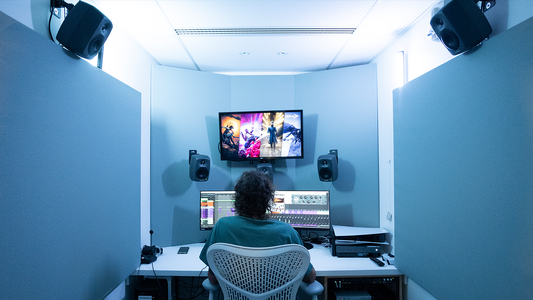New travel restrictions imposed by the United States government severely limit the kinds of electronics travelers will be able to bring into the cabin of some U.S.-bound intentional flights that originate in eight Muslim-majority countries.
Going forward, travelers coming to the United States from some airports and cities in Jordan, Egypt, Turkey, Saudi Arabia, Kuwait, Morocco, Qatar, and the United Arab Emirates will not be able to bring devices larger than a cell phone into the plane’s cabin.
This means that U.S.-bound game developers and other professionals that often pass the time during the 10 to 20-hour duration of an international flight by working will no longer be able to access laptops, tablets, cameras, or portable game consoles during the duration of their trip.
The New York Times estimates that 50 flights each day are be affected by this policy, which includes flights from nine airlines: Royal Jordanian, EgyptAir, Turkish Airlines, Saudi Arabian Airlines, Kuwait Airways, Royal Air Maroc, Qatar Airways, Emirates, and Eithad Airways.
The limitations dictate that a non-medical device larger than a cell phone on U.S.-bound flights from some airlines in Muslim-majority countries will have to be packed in a traveler's checked luggage, rather than anywhere accessible mid-flight.
The action isn’t a response to any one specific threat it seems; rather the new restrictions come as a result of intelligence reports that state terrorist groups based out of the affected countries are trying to bring explosives onto flights via large electronics. But experts speaking to The New York Times are concerned that the ban would not have the desired effect.
Officials from affected countries, meanwhile, worry that cumbersome travel restrictions could severely impact both the comfort of travelers and their willingness to fly.
An earlier immigration and travel ban saw criticism from across the video game and tech industry for hindering "the ability of American companies to attract great talent; increases costs imposed on business, makes it more difficult for American firms to compete in the international market-place." While this ban on devices is nowhere near as restrictive, it could further disincentivize international companies and individuals from traveling to or working with businesses based in the United States.


































